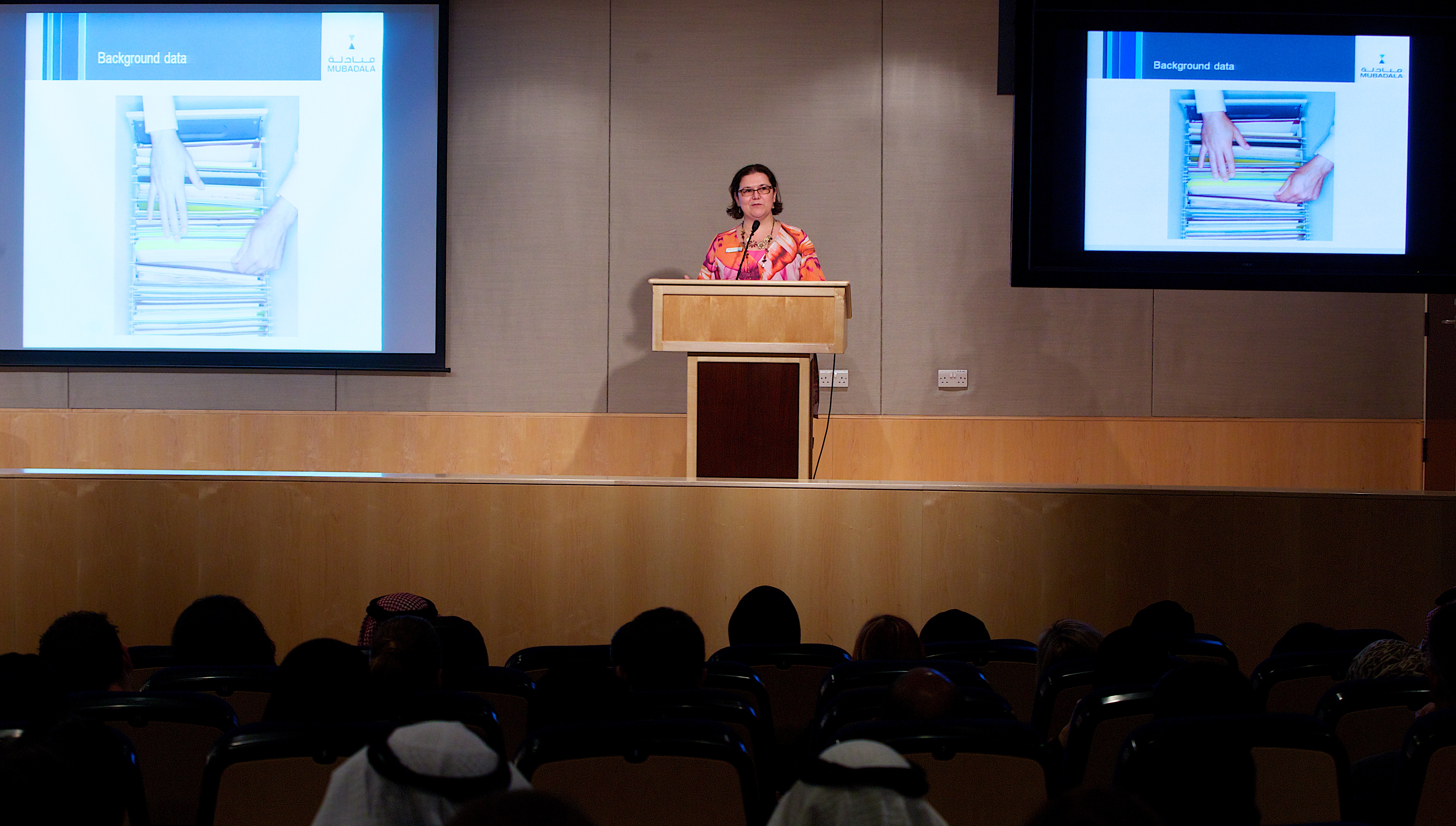Did you ever think that Compensation & Benefits can be a generalist role, not necessarily a specialist one ?
Of course, in the GCC most companies don’t have a massive HR team, and even having one C&B person on board is not always a given. Often, mid-size companies have an HR Generalist or the HR Director taking on the C&B hat at the time of salary reviews and bonuses, and that’s it.
But once the organisation reaches a certain size or complexity, a Compensation person is needed to address all the questions related to job descriptions and evaluations, salary ranges, promotions, international assignments, benefits, bonuses and incentives, recognition, performance management, setting up in new countries, due diligence for M&A, hiring salaries for new roles, retention strategies etc.
Now, in the very large organisations such as multinationals, sometimes the C&B people are becoming more specialised. For example, experts on pensions, on global mobility/tax, on Mergers & Acquisitions, on sales incentives and the like. But given that these roles are relatively rare in the GCC (except maybe in the larger airlines), that’s not the kind of specialisation I have in mind when comparing to the “Compensation & Benefits generalist”.
Most GCC compensation experts are in fact generalists of C&B, with experience in multiple aspects of the role, but not necessarily the deep functional and technical expertise acquired through years of designing sales incentives, managing retirement arrangements or implementing performance management systems. And that’s perfectly fine – the market in general does not need many of these super-deep experts who are focused on a very specific functional niche within C&B.
But for the rest of the C&B experts in the region, how much of a generalist are you really ? I am talking of the generalist view that you can gain from working, as a C&B person, in multiple industries and/or multiple countries.
For example, you work in high tech, then Oil & Gas, then real estate, then pharma. And even better, you combine that with being based in the UK, then UAE, then Singapore, then KSA. This kind of experience is, in many ways, much better than if you start as a Compensation Analyst in a bank in Bahrain, then move up the ladder to another bank still in Manama, and end up, a few years later, being the Compensation Manager yet in another bahraini bank.
Of course, building experience in a given industry is a good thing. It gives you depth of thinking, a good reference system, and a specialist network to tap into when you have questions.
However, there is a lot to be said for the Compensation professional who has had exposure to different industries and geographic areas. This person demonstrates a sense of adaptation, the capacity to put herself out of her comfort zone, a sense of curiosity, an extensive network and, as a result, is much more likely to come up with innovative solutions when confronted with issues in her organisation.
Indeed, as a true generalist C&B with experience in diverse companies and countries, when you get a new job then you really know that you need to learn about your business. You can’t be set in your ways, thinking like every other Compensation professional from the industry – because you are not influenced only by that industry. You have seen other things. You have been confronted to other ways of thinking. You have friends and peers who implement different solutions and can tell you about their approaches.
As a result the true generalist Compensation person will have a better chance to design truly unique solutions and systems for the challenges faced by his or her business. This gives the company a real edge, a differentiating factor.
So think about it for your next career move. Will you remain in the same industry and country, building deeper expertise in your niche, or will you expand your horizons and get confronted to new situations, but with a lighter touch ? Both have their advantages. What matters is that you make a decision based on what you want to achieve.
Related posts :
How to get started in your new Compensation job
Fresh professional goals for 2012 as a Compensation leader
Why every word counts in Compensation & Benefits
4 skills to master for influential Compensation and Benefits




Thanks for informative article as always Sandrine .
As your correctly mentioned in your article, working in a diverse and multiple business environment and locations provide you with a better vision and help you to confront with different C&B challenge with a better solutions. As a C&B generalist who left my comfort zone long time back, and exposed myself to multiple industries such as Oil & Gas/Telecommunication/Automation Industry/FMCG , I feel how important it is to understand the culture and business’s goal of the company you are working for ahead of everything and how to relate/correlate C&B structure in harmony. It always takes nerve to leave your comfort zone and walk to an unknown area but it surely worth a lot.
Yes Simin, I totally agree with you !
It’s essential to always push our boundaries and strive to learn and be exposed to new experiences. The results are well worth the feeling of discomfort we face when doing something new or being in an unfamiliar environment or situation. Eventually, those who are more open to these new experiences, end up being more knowledgeable and flexible, and therefore more valuable to future employers – not to mention the positive feelings we experience when we gorw and master a new skill or technique !
Hi Sandarine,
Thanks for that article, I feel moving to Melbourne after 10 years in Dubai to diversify experience and to come out of comfort zone is just so refreshing!
Regards, Nikky